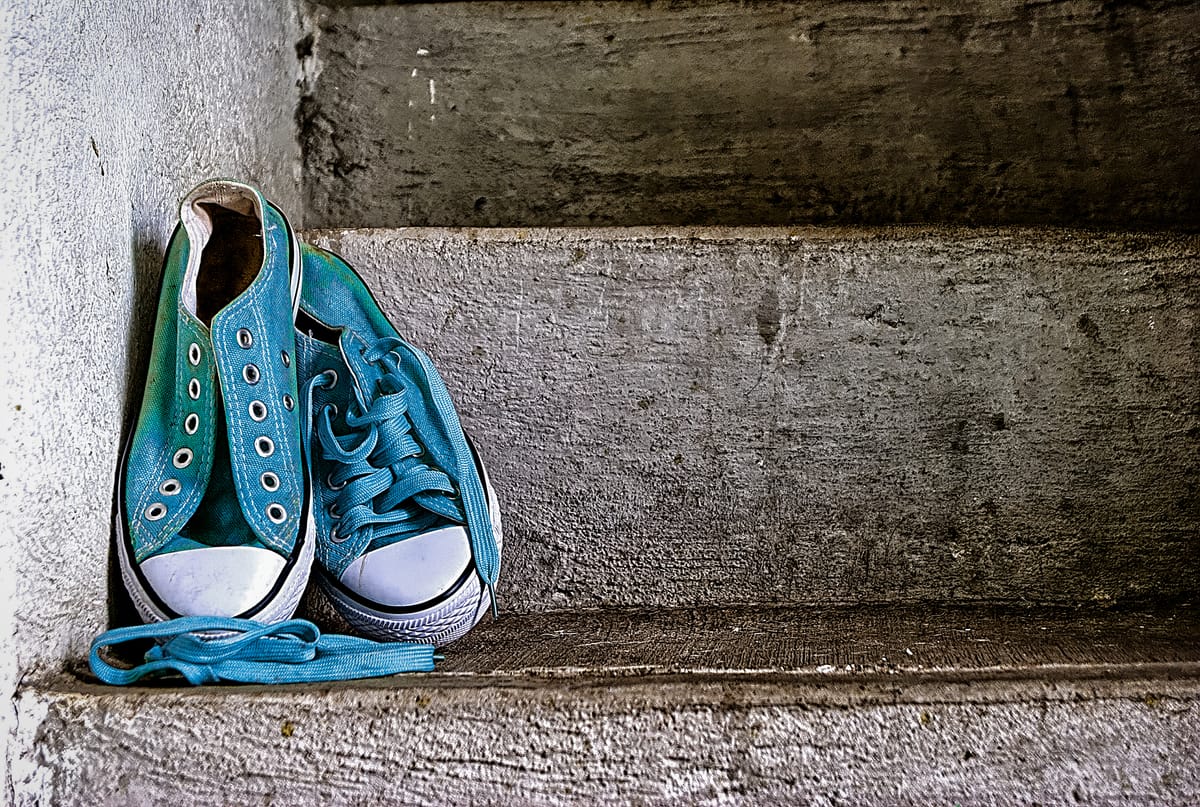Watched, But Not Optimized

On Tuesday, my Garmin said I slept 2 minutes. One problem (or rather, the first in a series of problems with this record): it was 8am, and I get up every morning at 6. I wasn't even in bed at 8, let alone asleep. (Indeed, I think I was lacing up my running shoes around that time.) But something prompted the watch to track whatever I was doing (or not doing) as "sleep," and 2 minutes of "sleep" triggered a string of algorithmic updates: my watch insisted I needed far more rest – an additional 8 hours and 40 minutes, it figured. My recovery needs were now "high"; my training readiness "poor." I ran anyway. Good grief.
I have returned to wearing my Garmin when I run, but I don't wear it at night. I don't need it to track my sleep — my sleep is light, thank you, and I don't need it to tell me that it was interrupted when I tried to roll over but Poppy was on top of me or that I got up to pee at 2am. I don't need it to tell me if I am rested — I feel fine in the mornings. It's not that I don't need to know or understand “rest” or “recovery,” but rather I don't need a gadget to measure my pulse and then spit out a number that signals whether I'm well- or ill-prepared to run.
I do wear my Garmin to measure how long I ran, how far I ran, and how fast I ran – and I do so for my ego more than for my health. I can program workouts on my watch – this past week's speed workout was hill repeats, FML – and that's useful, sure. But the rest of the data that gets tracked isn't necessarily helpful. And as the two mysterious minutes of “sleep” reminded me, it's not necessarily accurate.
If I’m not running or biking, I’m not wearing the fitness watch. I don't wear the Garmin when I walk the dog. I don't need to record the number of steps I take a day. I don't wear the Garmin to ballet class. I don't use the Garmin to track my strength sessions – I don't do ballet or lift weights to burn calories, and there is no point in measuring my heart rate during these workouts because they aren't "cardio." It's really not even necessary to measure my heart rate during cardio, if I'm honest, because I run by effort, which isn't a number but a feeling.
"Feelings" – ha, right? Tech culture sure wants us to second-guess our own understandings of ourselves – to "optimize" with the data it deems important, meaningful, valuable. (That's an observation about "fitness." It's an observation about everything.)
“Reality itself is increasingly constructed via statistics, metadata, modeling, mathematics” — Achille Mbembe (as cited in An Artificial History of Natural Intelligence)
We are outsourcing self-knowledge — heck, the creation and sharing of all forms of knowledge — to machines. “Insight” is a metric-check. We bend our lives to this feedback loop: Bayesian bodies. Bayesian brains. The only epistemology is statistics. The beauty of life, too improbable, too unprofitable, too messy.
Algorithmic medicine – Via Gizmodo: "Judge Rules $400 Million Algorithmic System Illegally Denied Thousands of People’s Medicaid Benefits." Via The New Yorker: "How Machines Learned to Discover Drugs." "‘Right to Repair for Your Body’: The Rise of DIY, Pirated Medicine" via 404 Media.
The business of women's bodies – U by Kotex introduced "the Cramp Clause" which will cover your cancellation fees for workout classes if you have period pain.
The business of fitness technologies – Wired reviews the Shokz Open Run Pro 2 bone conduction headphones. AI-powered dumbbells. Xponential Fitness (which operates the Pure Barre and Club Pilates franchises) is being investigated by the State of California Attorney General, but that hasn't stopped it from raising funding. Outside Inc, parent company to Outside (the magazine) has acquired the MapMyFitness app.
The business of addiction – Via The Guardian: "The wellness drink for sober people that some say they can’t stop drinking." Via The New York Times: "Rethinking Addiction as a Chronic Brain Disease."
Optimization culture – Via Outside: "Why Top Olympic Athletes Use Baking Soda to Boost Performance."
Sports math – "Predicting the 2025 Boston Marathon Cutoff Time." Via The New York Times: "In College Sports’ Big Money Era, Here’s Where the Dollars Go."
Car culture – "What the Media is Getting Wrong About the Gaudreau Brothers’ Deaths" via Streetsblog USA. E-bike maker Cowboy raises €5 million.
Thanks for reading Second Breakfast. Paid subscribers also receive emails on Mondays, so if you want to support my work and start off the week with a missive from me about bodies, brains, and technologies, then you know what you need to do.





